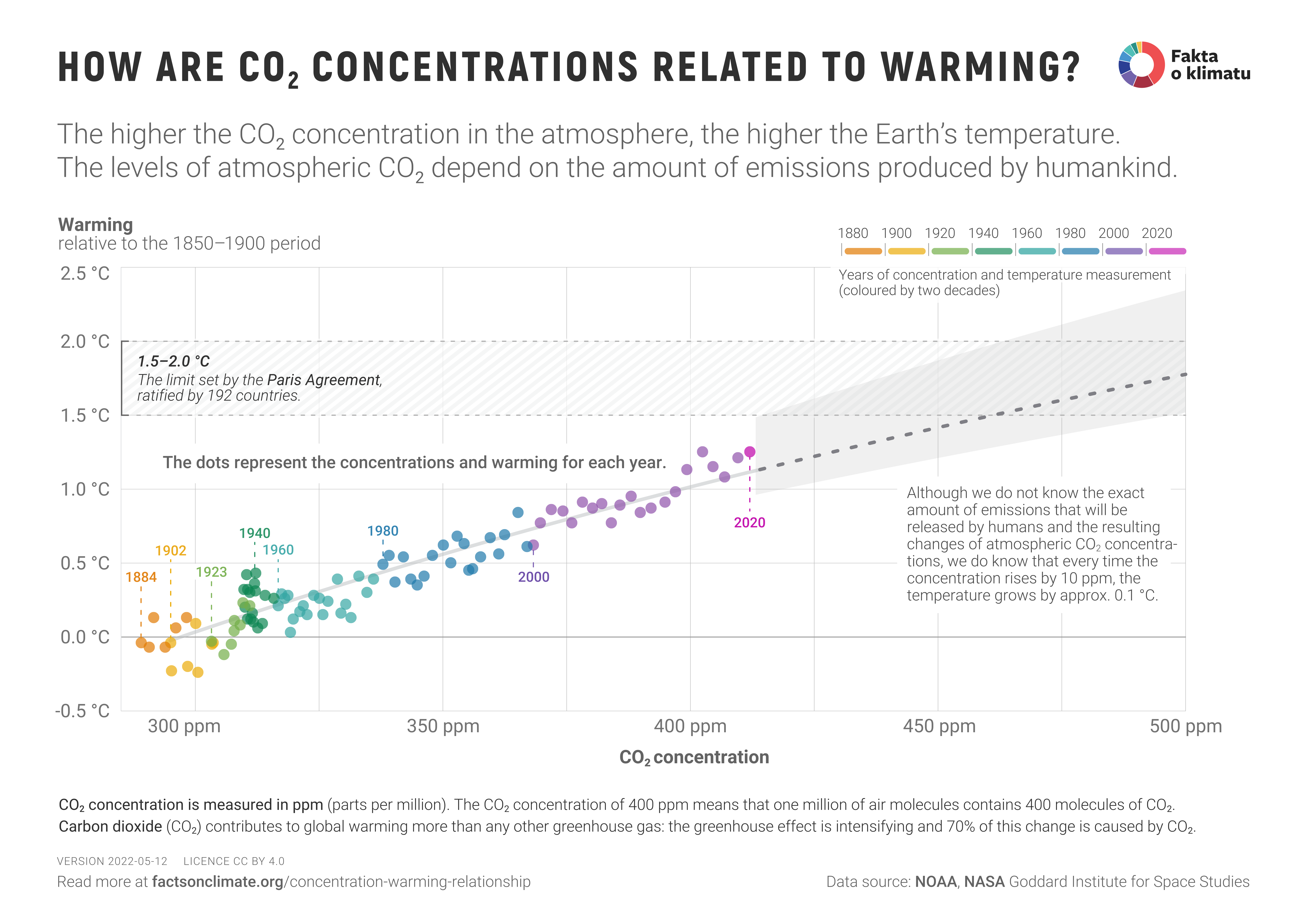Most informed opinions predict peak cheap oil very soon, like within this decade. Fossil fuels are fairly inelastic, meaning small changes in supply can drive large price swings upward or downward.
I've got a few poorly formed questions relating to doubling the amount of fossil fuelled CO2 that has already been burned. Given peak cheap oil, and an assumption of peak oil occurring shorty after, how many years until we double the consumption since the beginning of fossil fuel consumption? What would be the resultant atmospheric CO2 concentration (keeping in mind half of emissions are absorbed by the ocean).
While I have no expertise whatsoever, my WAG is that humanity would experience a net benefit increasing CO2 concentration up to about 600ppm (I'm sure there's no money being spent to determine what concentration is ideal). I'd be curious in estimates of when we would hit that level. That's basically a doubling of what increase has already occurred.
I expect to live during this Goldilocks age, and I also expect by then we will have figured out how to maintain "just right".
EDIT: Found this graph that seems to confirm my assumption that doubling what has already been burned will achieve about a 600ppm atmospheric CO2 concentration.
